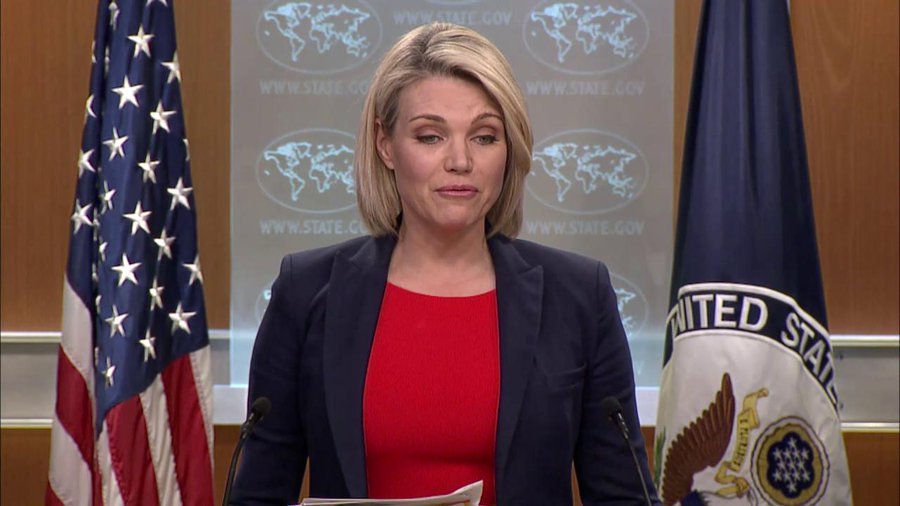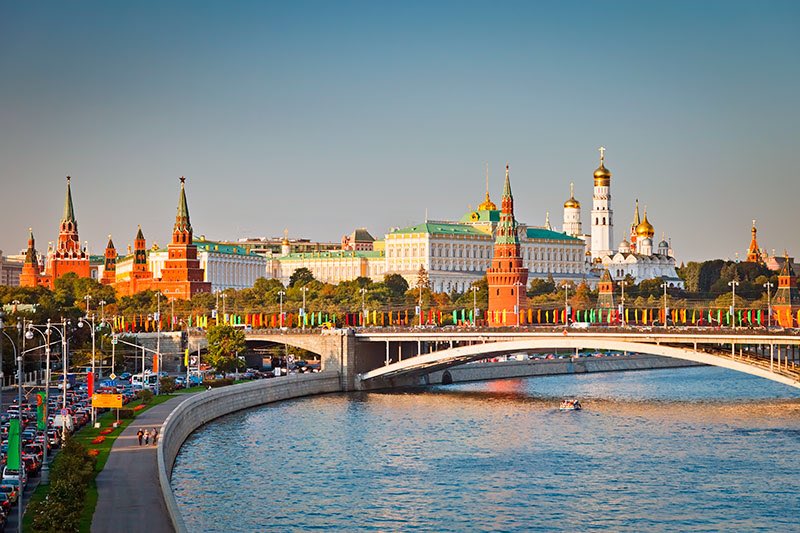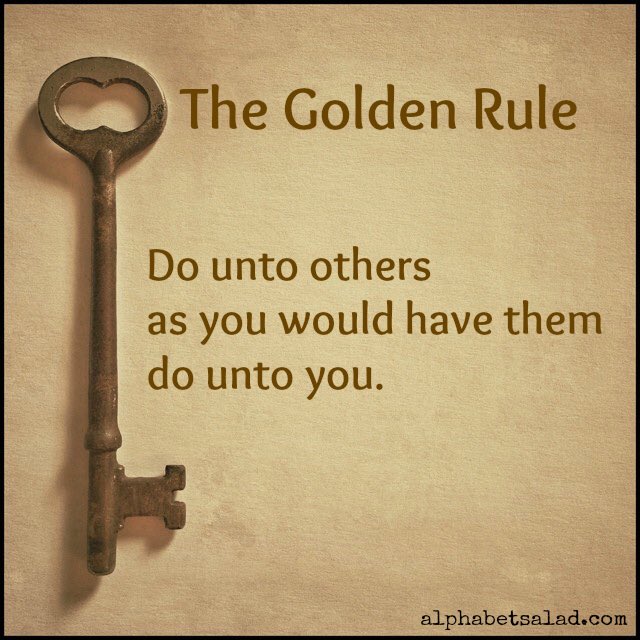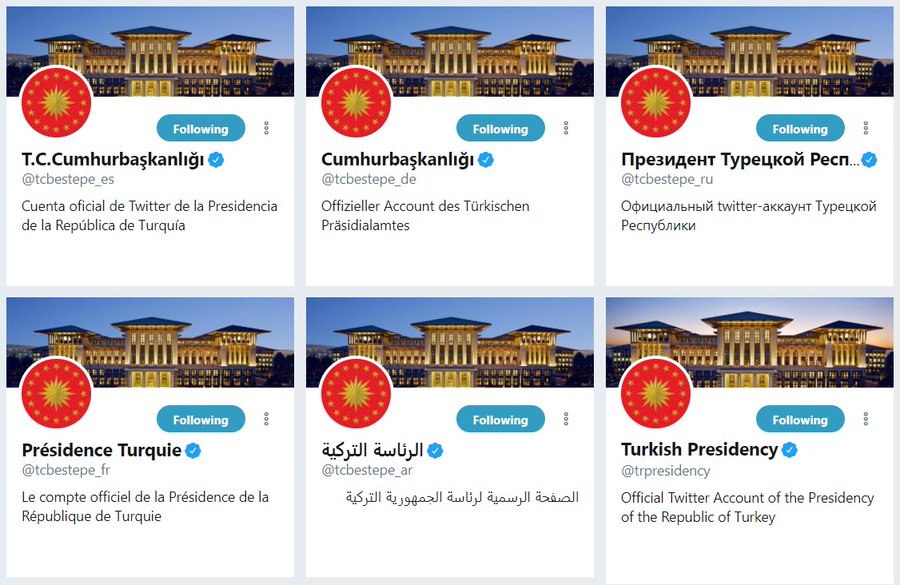Alastair Jamieson, nbcnews.com
Image from article, with caption: Facebook headquarters in Menlo Park, California.
Coming in the wake of fake news factories and troll farms, the tactics are the latest way public trust in official information is eroded.
Researchers say that while some governments are using social media transparently to streamline their message, others are engaged in covert disinformation campaigns that disrupt traditional foreign relations.
“There is a now a sense that public diplomacy has become weaponized,” said Jan Melissen, a professor of diplomacy at the University of Antwerp and a senior research fellow at the Netherlands Institute of International Relations Clingendael. “These technologies are being used in ways that we didn’t anticipate.”
Related
It is a far cry from the Arab Spring uprisings of 2011 when campaigners used Facebook to mobilize grassroots pro-democracy protests in repressive Middle Eastern countries.
Corneliu Bjola, an associate professor of diplomatic studies at the University of Oxford and head of the Oxford Digital Diplomacy Research Group, said the poisoning of Russian former double agent Sergei Skripal highlighted the extent of online statecraft.
According to Bjola, methods of online diplomacy include:
- *using Facebook’s publicly-available option to pay for posts to be targeted at particular interest groups;
- *"gaming" Facebook’s constantly changing news feed filter in order to boost page views;
- *building communities of sympathetic users more likely to reshare links or retweet and approaching other so-called influencers to do the same. “People are more likely to trust links that come from their friends, their groups or pages they have liked, and they are also more likely to reshare them," Bjola said. "Something that resonates has a much better chance of being passed on, regardless of how accurate it is.
- *In extreme examples, it can involve the dissemination of misleading or fake information.
- Such techniques are “getting much greater reach than through traditional media,” Melissen said. “In 2012 after the Arab Spring, Facebook was seen as a democratizing medium where sharing everything meant people reaching out to each other. That’s still taking place but we’ve the same medium being used in a more intrusive way, including using algorithms not to reach the networks of your friends, like in normal public diplomacy, but to enter the networks of your opponents.”Wael Ghonim, a former Google executive who spearheaded the Arab Spring in Egypt with his online activism, lamented how authoritarian governments had responded by drowning out dissent with propaganda. “I thought the Internet was a power that was granted to the people and that would never be weakened,” he said in an interview with MIT Technology Review. “But I was wrong.”
'A TOOL FOR CONTESTING REALITY'
Russia’s London Embassy boasts a Digital Club that offers Twitter users “regular competitions and prize draws” and even invitations to the ambassador’s residence in exchange for allowing their account to be used for automatic retweets of official posts.Most official diplomacy remains benign, even in areas of tension. The U.S. operates a “virtual embassy” for Iranians, in the absence of formal relations. The Palestinian Authority, which has no presence in Israel, runs a Facebook page in Hebrew aimed at communicating directly with ordinary Israelis.There have been some successes; the U.S. Embassy in Beijing’s decision to publish air quality data on its Twitter feed is credited with pressuring Chinese authorities into tackling the city’s chronic pollution.And President Donald Trump’s Twitter pressure on Kim Jong Un — including his “Little Rocket Man” jibe — was last month praised by South Korea for nudging Pyongyang toward talks.However, Russian meddling in Ukraine in 2014 — which ended with the annexation of Crimea — saw digital diplomacy used as “a tool for contesting reality,” according to Bjola’s fellow Oxford researcher, Ilan Manor.“During the first two months of the Crimean crisis … Russian digital diplomacy stated that there were no Russian troops in Ukraine while the U.S. argued the opposite,” Manor wrote. “Once Russia admitted it had forces in the area, it portrayed its actions as an attempt to safeguard the lives of Russian minorities coming under threat from Ukrainian neo-Nazis. The U.S., and its allies, alleged that no such neo-Nazis existed and portrayed Russia's actions as the invasion of another sovereign state. Social media users were thus faced with two conflicting realities.”Western nations are learning to play Russia at its own game. Moscow traded barbs with the U.S. and Britain over the Skripal case, posting snarky memes ridiculing the U.K. government, the State Department and even bringing up U.S. weather. "Let’s stop demonizing Russia," the Russian Embassy in the U.S. posted on Facebook on March 22. "It is high time to stop blaming us for every sin. Is it possible that Moscow is responsible for today’s snowstorm in Washington and New York?"“It seems all very entertaining but the Russians are systematically trying to undermine confidence in the U.K. and U.S. government position,” said James Pamment, assistant professor at Lund University in Sweden and an expert on digital diplomacy. “They got caught out this time because the British Foreign Office quickly used social media to frame the issue not as a spy being injured but about the use of chemical weapons in peacetime. By doing so, Britain was able to build an international consensus behind diplomatic expulsions and I don’t think Russia was expecting that.”It is not just Russia involved in the darker side of digital diplomacy.“There are many other players — more than we know — and some of them, such as Iran and Sudan, you wouldn’t immediately expect in this field,” Melissen said.In particular, Israel has embraced online communication as a way of getting its message across and to underscore its reputation as one of one the world’s leading technology hubs. The Israeli Defense Forces (IDF) has a social media unit that provides fast information on clashes and stabbings, helping it shape the media narrative on events such as the recent killings of Palestinian protesters in Gaza.Elad Ratson, one of a number of Israeli diplomats to regularly approach reporters on social media, describes himself in his Twitter bio as “pioneering digital & algorithmic diplomacy.”His apparently automated direct messages invite journalists to retweet positive news about Israel or to join the Israel Twitter Hive, “a community of few thousands of people from around the world who enable their Twitter account to automatically amplify important factual information about Israel, thus contributing to its large exposure.”Related
Ratson agreed to discuss his work with NBC News but the request was overruled, without explanation, by a spokeswoman.Lund University's Pamment predicted that digital diplomacy would never replace traditional relationship-building between nations.“The real battles are still taking place in traditional diplomacy, such as trying to agree the terms for talks or find common ground,” he said. “Digital diplomacy is just an extension of what happens in the real world.”







 should better not claim World Cup in
should better not claim World Cup in  English team gives a Nazi salute, 1938
English team gives a Nazi salute, 1938 






No comments:
Post a Comment